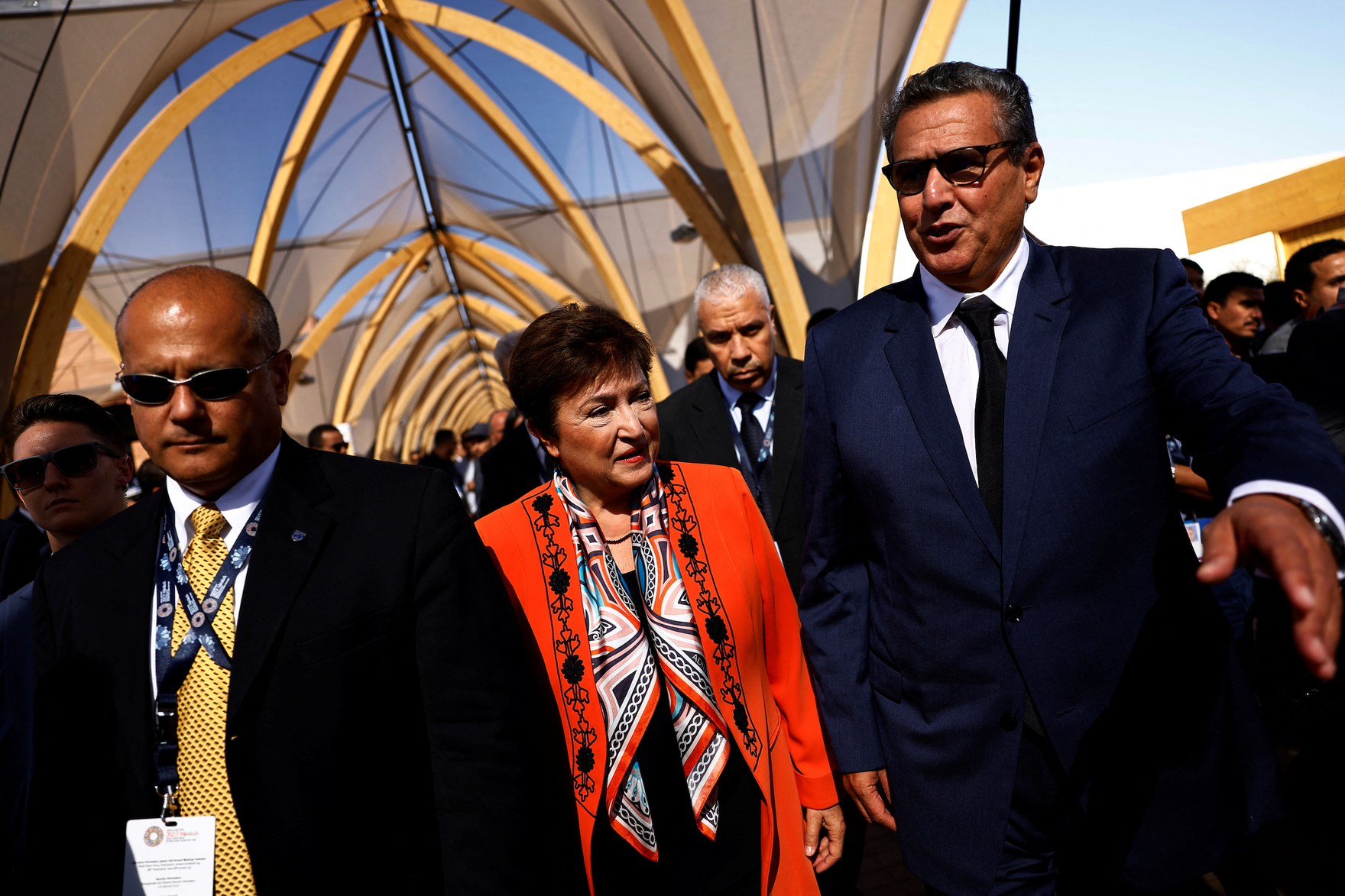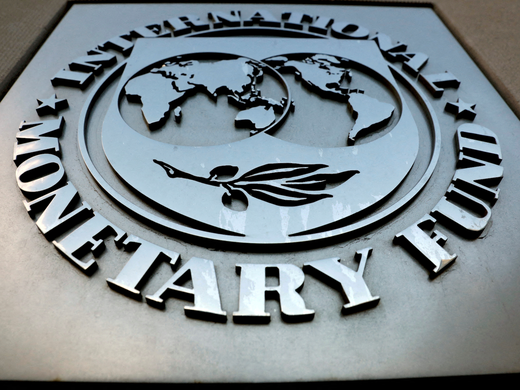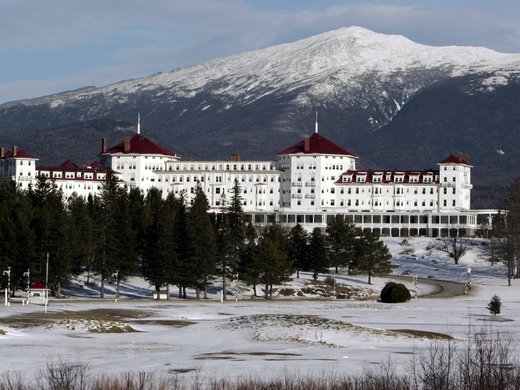One month after a devastating earthquake in Marrakesh, Morocco, some 14,000 people are gathering in the former imperial city for the annual meetings of the International Monetary Fund (IMF) and the World Bank. Those global institutions were created 79 years ago in Bretton Woods, New Hampshire. Today, global cooperation and governance is broken and in need of major reform. Just as the city of Marrakesh felt the urgency to rebuild for the meetings, so do national leaders feel the pressure to rebuild the institutions.
Taking place amid Hamas’s devastating attack on Israel, the ongoing war in Ukraine, the US-China rivalry and many other geopolitical conflicts, the meetings’ stated purpose is “to reinvigorate global cooperation” and to mitigate the risks from “policy-driven geo-economic fragmentation.”
Is this statement just a hollow aspiration, or are the Marrakesh meetings an opportunity to restore a more cooperative spirit in global governance? How seismic can we expect this event to be?
On the surface, there are reasons for optimism. One is the increasing focus on Africa and its growing importance in global economics and governance. The decision to hold the meetings in Africa was meaningful on its own. In addition, plans are under way to allocate a third seat for African countries on the World Bank and IMF’s executive boards and ministerial committees, and the Group of Twenty (G20) has added the African Union to its formal membership. Those steps, if followed, would signal the end of a long era of neo-colonial condescension toward Africa. That bodes well for a positive rebalancing of global governance and cooperation.
A second reason for optimism is a growing recognition that fundamental reforms are needed. The IMF and the World Bank have tried — not always successfully — to adhere to their core responsibilities and expertise while expanding in response to an increasingly complex world economy. The time has come for a reassessment of the structure established nearly eight decades ago.
Yet, reasons for pessimism are no harder to find, mainly because the calls for reform seem increasingly hollow the more closely one looks.
First, the specific reform proposals leave the institutional structures largely unchanged. They include another seat for Africa; a little reshuffling of voting power toward fast-growing economies; more money to lend; and more emphasis on coping with climate change, reducing extreme poverty, and promoting diversity both in the workplace and more generally. These are all positive developments, but they do not address the main lines of criticism that have been directed at the Fund and the Bank. The sprawling and overlapping structures will remain in place.
Second, even if the IMF and the World Bank were completely rebuilt, they would still be left to function without effective oversight and without a comprehensive system of global governance. They are independent specialized agencies of the United Nations, which has no way to guide them. They respond largely to guidance from the G20, a group that has always lacked legitimacy because it arbitrarily excludes many of the world’s sovereign countries.
At present, the effectiveness of the G20 is being eroded by serious political disputes within its membership. These limitations will persist. If all that reform efforts achieve is to push the IMF and the World Bank back into slightly larger silos, global governance will remain splintered and ineffectual.
Three years ago, IMF Managing Director Kristalina Georgieva acknowledged that the world was facing a “Bretton Woods moment,” in which leaders must “fight the [COVID-19] crisis today — and build a better tomorrow.” The fight is being won, but the building task is still in the drafting stage.
Progress requires learning the lessons of Bretton Woods. Why did that famous conference in 1944 succeed, while all other similar efforts have failed?
One lesson is that reform must be comprehensive. The Bretton Woods institutions were created alongside the United Nations as a replacement for the failed League of Nations. The victorious alliance of the Second World War continued to function by restarting from scratch to build a new world order. A second lesson is that the founders understood that they had to start with the alliance and then invite other countries to join them whenever they were prepared to accept the new rules of the game. Universal cooperation was the ultimate goal, but it could be achieved only through gradual accretion. A third lesson is that reform must have clear goals. Acknowledging that the system is broken is a vital first step, but defining how to reconstruct it is equally vital and far more difficult.
These lessons from Bretton Woods apply today. The United Nations needs to be restructured to function effectively. Unless that happens, and unless the IMF and the World Bank can operate within a comprehensive world order with clear rules and responsibilities, talk about reform will serve only to perpetuate the grievances about global governance that have become all too familiar.
This article was first published by Barron’s.



